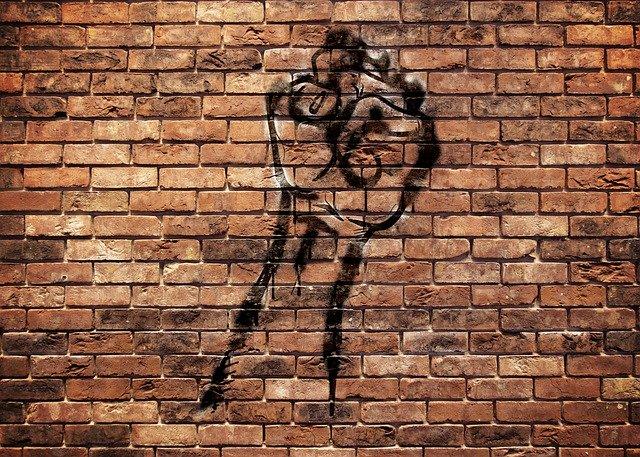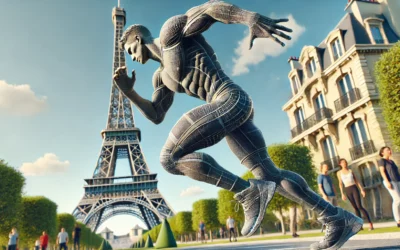Recent Black Lives Matter demonstrations have raised the question of whether it is possible to protect social movements’ names or logos with trademarks and try to profit off of them. Another question is, should you?
When Derek Chauvin put his knee on the neck of George Floyd on May 25th, 2020, Floyd was captured saying “I can’t breathe” on the shocking video recording of the incident. Shortly after Mr. Floyd’s death, demonstrations spread first across the United States and then around the world. “I can’t breathe” quickly became the slogan for the demonstrators (along with “Black Lives Matter”).
Only days later, 8 trademark applications had been filed in the US for the trademark “I can’t breathe”. A quick scan of Amazon.com also shows several “I can’t breathe” products, mainly clothing and other apparel. Most of the trademark applications are also in trademark class 25, i.e. for clothing.
Trying to protect these kinds of event or movement names and symbols is not new. For example, there have been trademark applications for names such as “Je Suis Charlie”, “Occupy Wall Street”, “Black Lives Matter”, “Build That Wall” and “#MeToo”.
What’s common with these types of names is that they rarely get registered. In most cases, they are considered non-distinctive names that fail to identify the commercial source of the product. Slogans like Black Lives Matter merely convey informational, social, political, motivational, religious, or other similar kinds of messages. Most trademark offices consider these kinds of names “non-distinctive”.
Another challenge with these kinds of trademarks is that they might be considered against “public policy”. After the Charlie Hebdo massacre in Paris, there were dozens of trademark applications for “Je Suis Charlie” in France. In response, both the French and EU trademark offices issued statements saying that they would not accept “Je Suis Charlie” trademark applications because they were contrary to public policy.
Capitalizing on serious social movements and issues is questionable, and even more so if it is done purely for private gain. It is highly distasteful to try to profit from a dying man’s last words. The legal protection given to trademarks is that they enable the owner to prevent others from using the same or a similar mark. Trying to capitalize on the Charlie Hebdo massacre or George Floyd murder, while clearly inappropriate, is one thing, but to try to claim an exclusive right to do so is an additional step (or a leap) further in the wrong direction. For this reason, the trademark offices around the world are very reluctant to accept these kinds of trademarks.
On a lighter note, even less serious events often prompt fortune seekers to apply for trademarks and it seems that trademark offices are less prone to rejecting the not-so-serious cases on the grounds of public policy. For example, there are many trademark registrations for “Covfefe”. The same applies to sports events. For example, when Finland won Sweden in the ice hockey World Championship finals in 2011, days later there were several trademark applications for the final score, “6-1”.
One challenge with these social phenomenon trademarks is that often by the time the trademark is registered, the phenomenon has already passed and the name is no longer interesting and contemporary from a marketing point of view. Getting a trademark takes several months even in the best of cases.
To summarize, trying to use trademark laws to take advantage of social movements has three major challenges. Firstly, such trademarks are often rejected because they are either non-distinctive or contrary to public policy. Secondly, social movements are about inclusion, whereas trademarks are about exclusion, so there is a fundamental contradiction in the underlying philosophy between the two. Finally, it is often bad business. By the time a trademark is registered, the peak time for its exploitation has often already passed.

